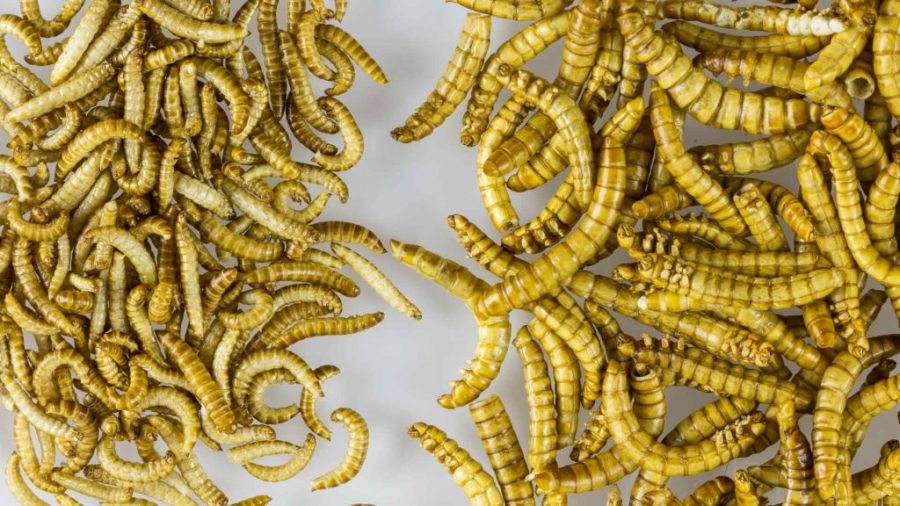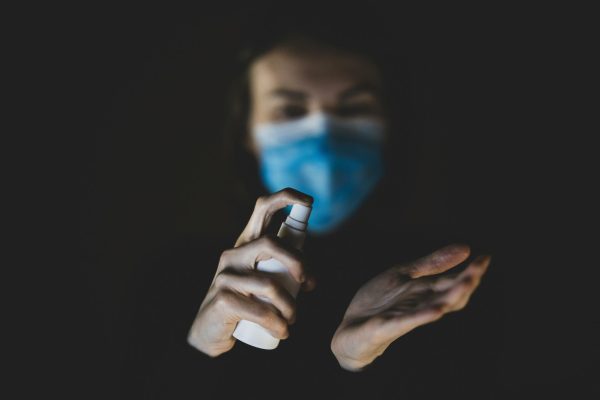New Solutions to Plastic Pollution
New research has surfaced in recent 2022 studies regarding wax worms that shed hope on the largely overbearing plastic pollution that plagues the global environment. Over the past decades, the use of plastic, widely attributed to plastic bags and bottles, has accumulated to the point of contaminating the vast oceans in masses surpassing the hundreds of millions of tons in waste.
In addition to the incessant mass production of such plastic products, this staggering output of waste has also been brought about by the tedious biodegradation process of the material. While plastic bags may degrade within 20 years, according to Chariot Energy, plastic bottles may take up to 450 years.
When prompted with his thoughts on the plastic waste pollution issue, Alex Velez (12) passionately shares, “I was surprised when I learned that the majority of plastic in the United States finds itself dumped into massive landfills…It made me realize that finding a way to recycle all plastic is an extremely difficult task logistically speaking, which means that new innovations must be devised to combat this crisis. I particularly worry for the oceans and their coral reefs, which hold as much as a quarter of marine life in the oceans and even protect human settlements from storms. Their importance to the ecosystem makes their destruction a worrisome thing to think about, as well as stressing the importance of keeping our oceans clean and protected from pollution. Overall, I think as humans, we have the innovative ability to help fight these problems and that we must focus our efforts to keep our world safe.”
To address this threat to the environment, researchers of the Spanish National Research Council (CSIC) have found that nature itself may pose some solutions to break down plastic faster. In an unexpected niche, NBC News reports from the scientists’ findings, wax worms show potential in helping to degrade polyethylene, a major material used in manufacturing plastic.
Per the Smithsonian Magazine, this discovery first occurred in 2017 when beekeeper Federica Bertocchini, a member of the CSIC, disposed of wax worms from interfering with her beehives by putting them in a plastic bag. To her later surprise, she found small holes in the bag, caused by a chemical breakdown induced by enzymes in the worms’ saliva.
While this is not the first development that scientists have encountered in the search for an effective approach, it is hailed as a large improvement. For years, the long oxidation process that degrades plastic was catalyzed by exposure to high temperatures in order to speed up the breakdown. These natural enzymes, however, have the ability to yield the same results, but, most notably, within a matter of hours and without the need for additional treatment. NBC News informs that this extensive research was enabled through the funds of a German company Rӧchling.
In efforts to spread awareness of the potentially revolutionary discovery, Bertocchini helps lead the organization Plasticentropy. Its manifesto shares that “[they] use insects to identify, characterize, and eventually deploy insect enzymes to degrade plastic residues into recyclable small molecules.”
Wax worms are regarded as a large advancement in the long endeavor in combating mankind’s plastic waste. In the future, it may be seen that the application of their uses is more widely practiced.









